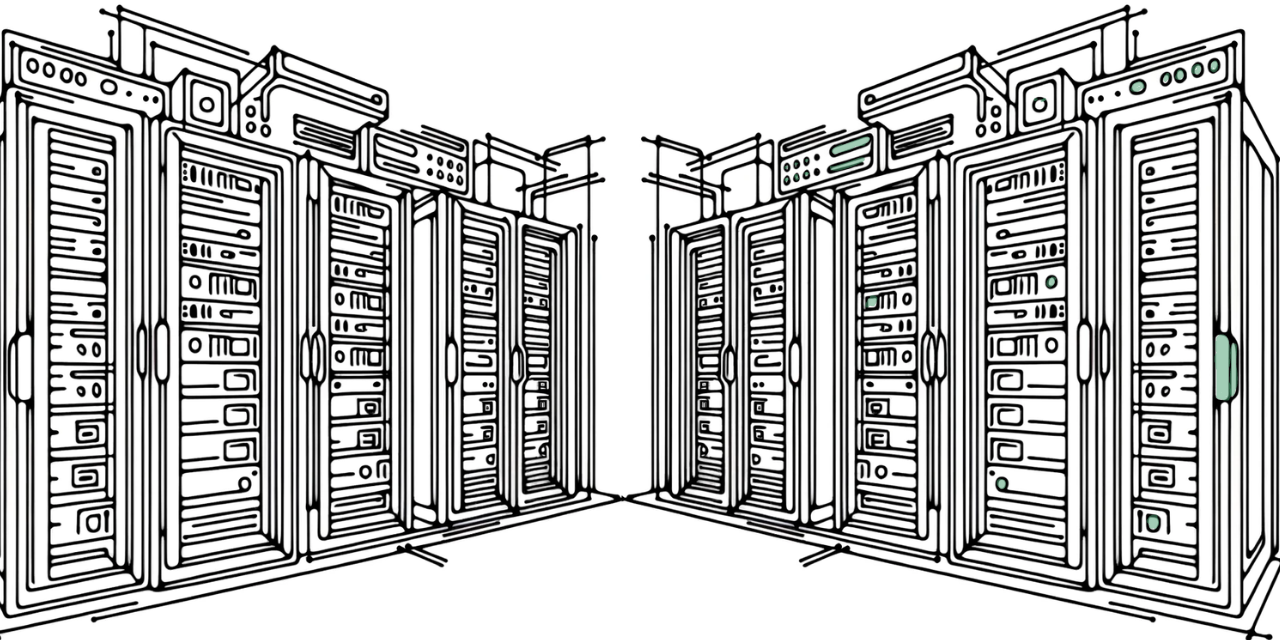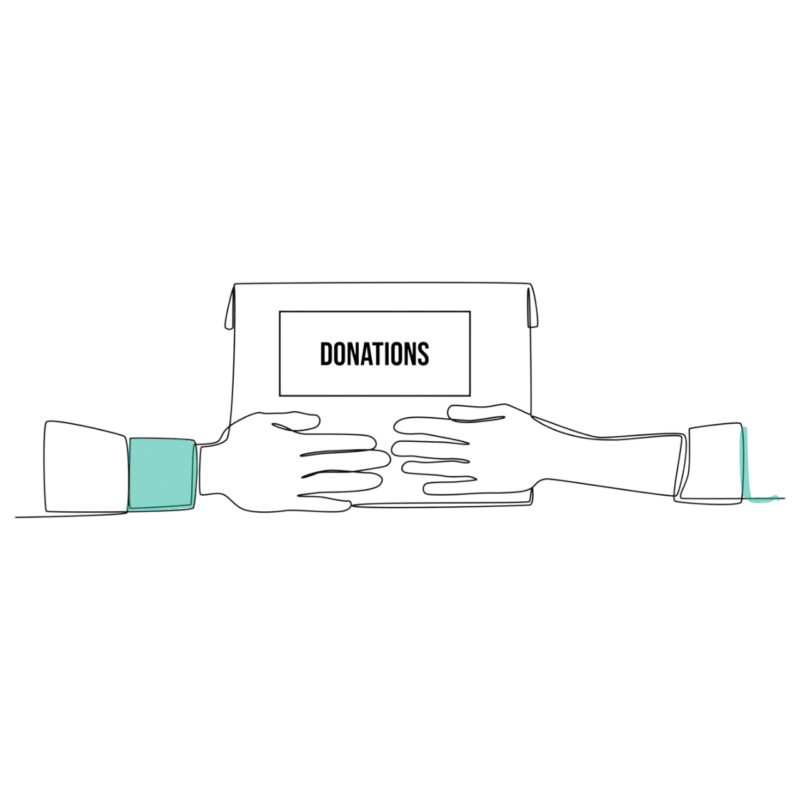Circular IT group
EmxCore joined the Circular IT group in 2023, breaking away from the cycle of treating IT as a disposable product, the groups focus lies in making IT truly circular. To us sustainable transformation is not just a mission, but a shared commitment.
As a unified force, the group provides Circular IT solutions designed to extend the lifespan of IT assets, thereby reducing the negative impact of IT on the environment and resource utilisation.
Joining the Circular IT group has enriched our offerings, including a more diverse range of devices such as phones, laptops, desktops and tablets. Additionally, we provide essential services, including IT Asset Disposition (ITAD), lifecycle management, and support for ESG (Environmental, Social, Governance) reporting. Bundeling all of this together we can truly be your one-stop-shop, dedicated to assisting you in effortlessly achieving your circularity goals.







